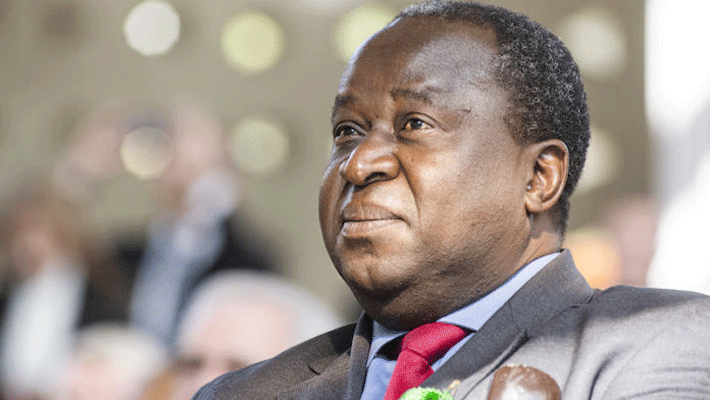
In April 2020 South African finance minister Tito Mboweni made a startling claim about the number of foreigners working in South Africa’s restaurant industry.
When he returned from exile in 1990, he said, eight in 10 restaurant workers were South African.
“The other two were probably Malawian or Zimbabwean. Today almost 100% are non-South African.”
The claim resurfaced in October 2020 when the Economic Freedom Fighters, South Africa’s second-largest opposition party, called on businesses to ensure that at least 60% of their staff were South African citizens.
Is there any evidence for Mboweni’s claim? We took a closer look.
The annual Labour Market Dynamics report by Statistics South Africa, the official data agency, breaks down the numbers for the country’s working population.
Every five years the report includes a “migration module”, based on data collected for the Quarterly Labour Force Survey. The latest data is from 2017; the next release is expected in 2022.
Stats SA told Africa Check that in 2017, 5.3% of people of working age in South Africa were born outside the country. This was an increase from the 2012 survey, which put the share at 3.9%.
- Chamisa under fire over US$120K donation
- Mavhunga puts DeMbare into Chibuku quarterfinals
- Pension funds bet on Cabora Bassa oilfields
- Councils defy govt fire tender directive
Keep Reading
What does the data say about restaurant workers? We requested Stats SA to extract the numbers.
Using censuses and quarterly labour force surveys, Stats SA pulled figures for where “housekeeping and restaurant workers” reported being born. The agency said the category was comparable across the surveys.
The 2001 census recorded that 4.8% of housekeeping and restaurant workers were foreign born. In 2017 the figure was 6.5%. The highest percentage was 11.3%, in 2011.
Diego Iturralde, chief director of demography and population statistics at Stats SA, told Africa Check that much restaurant work is temporary, with workers moving between jobs. He said the sample of people surveyed for Stats SA’s reports were randomly selected, no matter where they were born.
Dr Zaheera Jinnah, a research associate at the African Centre for Migration and Society at Wits University, told Africa Check the number of migrant workers in South Africa had risen since 2001.
“While the number of migrants [is] increasing, the overall proportion of migrants in the population remains low,” she said. This is because the country’s total population has also increased.
Data on the restaurant industry was sparse, Jinnah said, and “in the absence of general data we tend to use personal bias, and generalise”. But she added that Stats SA was “one of the most credible sources of national data internationally and there is no cause for concern about its findings”.
Conclusion
Statistics South Africa data does not support the minister’s claim.











